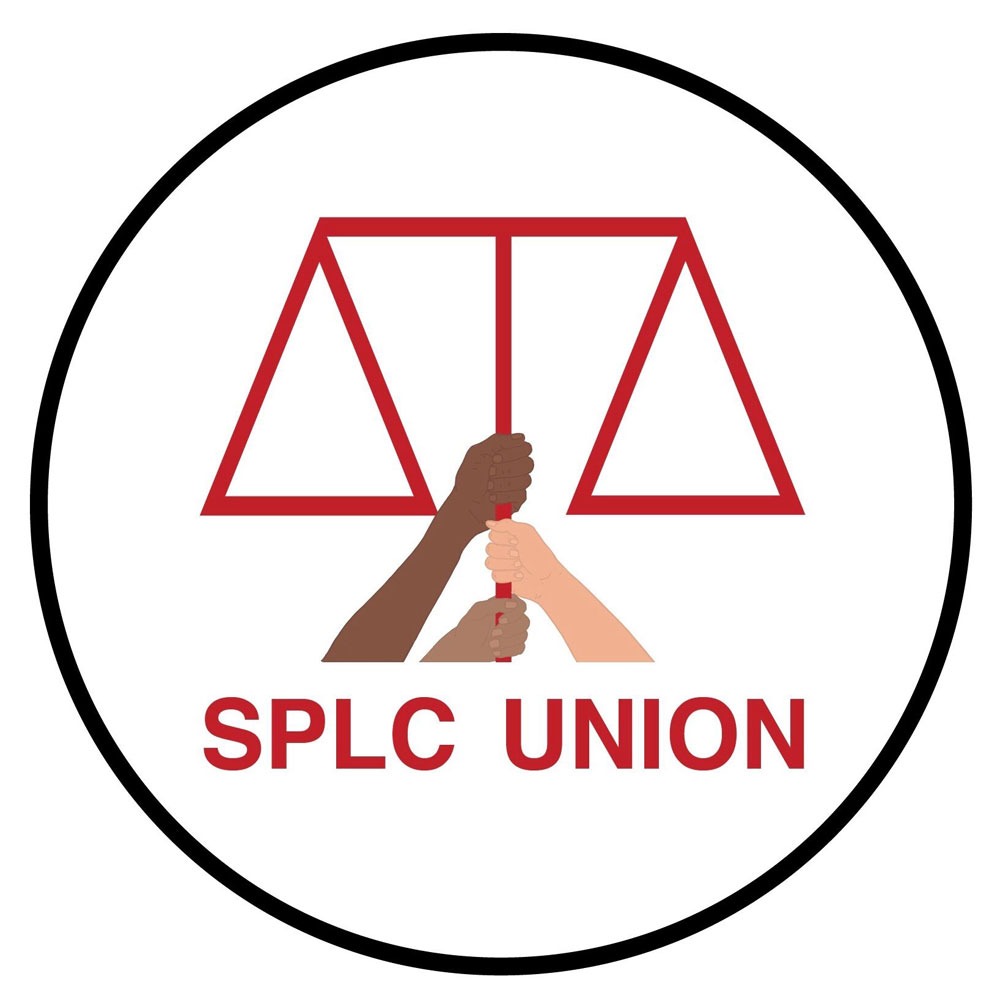
December 16, 2019; ABC News
On Monday, employees at Southern Poverty Law Center took the next step in their drive for unionization, successfully voting to join the Washington-Baltimore News Guild in a vote of 142–45. The vote comes after SPLC management declined to voluntarily recognize the union and hired legal counsel that raised fears about pushback against union efforts, following the initial announcement about plans to unionize.
The unionization effort comes on the heels of a dramatic year for SPLC that included the firing of one of its founders, the resignation of the organization’s co-founder and president after allegations of misconduct, and a reignition of longstanding claims of racial and gender discrimination at the organization.
Sign up for our free newsletters
Subscribe to NPQ's newsletters to have our top stories delivered directly to your inbox.
By signing up, you agree to our privacy policy and terms of use, and to receive messages from NPQ and our partners.
SPLC leadership released a statement that appears to embrace the outcome of the union vote, stating, “Throughout, we have sought to hear the voices of our employees and they have spoken through a process that gave every eligible person the opportunity to weigh in on this important decision. We go forward as one SPLC with gratitude for the commitment and engagement of our talented staff and the work we will to together.” Now the new SPLC union and organization will move to a collective bargaining process.
Hopefully, SPLC’s statement, and the fact that there were no reports of attempts to impede unionization despite early concerns, indicates that the bargaining process will go smoothly and match SPLC’s stated commitment to labor protections. It has not been an encouraging year for labor issues in the nonprofit sector. Numerous museums responded with hostility after a wave of nationwide unionization campaigns—in one case shutting down entirely rather than work with staff on labor concerns. As covered by NPQ’s Sarah Miller, the National Center for Transgender Equality, the largest transgender policy organization in the country, faced a staff walkout amid labor tensions and stalled unionization negotiations. These recent examples indicate the ongoing difficulty of navigating labor issues at nonprofit organizations.
Nonprofits are not in control of their funding, putting unique external pressures on administrative and staff costs. The idea of self-sacrificing nonprofit staff working for the greater good has also become so culturally ingrained that it can be difficult to talk about fair labor practices. The countervailing idea, that nonprofit staff deserve fair wages and work environments, requires changing the way everyone, including those within the sector, see nonprofits. As an organization forced to reckon with its role, its culture, and its workforce as a result of crisis, SPLC has an opportunity to model a new stance towards its workforce.—Ellen Davis










